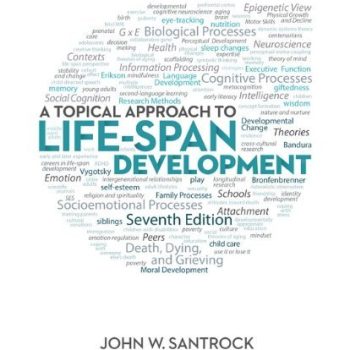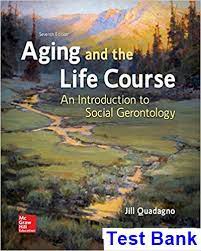What are Social Sciences?
Social sciences are a group of academic disciplines that study human behavior, society, and the relationships among individuals within a society. They encompass a wide range of fields, including sociology, psychology, anthropology, economics, political science, and geography. Social sciences aim to understand how societies function, how social institutions operate, and how individuals interact within these contexts.
Importance of Social Sciences
Social sciences are crucial for comprehending the complexities of human behavior and societal structures. They provide insights into social issues, inform public policy, and contribute to the development of strategies to address global challenges. By studying social sciences, we gain a deeper understanding of cultural diversity, economic systems, political dynamics, and social interactions, which are essential for fostering inclusive and equitable societies.
Key Subfields of Social Sciences
Sociology
Sociology explores the structure and dynamics of societies, social relationships, and social institutions. It examines patterns of social behavior, cultural norms, and the factors that influence social change. Sociology provides valuable perspectives on issues such as inequality, family dynamics, and social cohesion.
Psychology
Psychology is the scientific study of the mind and behavior. It encompasses various subfields, including clinical psychology, cognitive psychology, developmental psychology, and social psychology. Psychology seeks to understand mental processes, emotions, and behaviors, providing insights into individual and group behavior.
Anthropology
Anthropology studies human societies, cultures, and their development over time. It includes subfields such as cultural anthropology, biological anthropology, linguistic anthropology, and archaeology. Anthropology provides a holistic understanding of human diversity, cultural practices, and evolutionary history.
Economics
Economics examines the production, distribution, and consumption of goods and services. It explores how individuals, businesses, and governments make economic decisions and how these decisions impact society. Economics includes microeconomics, which focuses on individual and firm behavior, and macroeconomics, which looks at national and global economic systems.
Political Science
Political science studies the theory and practice of politics and government. It examines political systems, political behavior, policy-making processes, and the functioning of institutions. Political science provides insights into power dynamics, governance, and the impact of political decisions on society.
Geography
Geography explores the physical features of the Earth and the human activities that shape the landscape. It includes physical geography, which studies natural environments, and human geography, which examines the spatial aspects of human existence. Geography provides critical insights into environmental issues, urban planning, and global interconnectedness.
Benefits of Studying Social Sciences
Economic Benefits
Education in social sciences opens up diverse career opportunities in research, education, public policy, social services, and business. Professionals with expertise in social sciences are essential for analyzing social trends, developing policies, and addressing societal challenges. Their skills are highly valued in both public and private sectors.
Cross-Disciplinary Applications
Social sciences intersect with various fields such as health sciences, law, education, and environmental studies. This interdisciplinary nature enhances our understanding of complex social phenomena and fosters collaboration in addressing multifaceted global issues.
Critical Thinking and Problem-Solving
Studying social sciences enhances critical thinking and problem-solving skills. It encourages a rigorous approach to analyzing social issues, fostering a deep comprehension of societal dynamics and the ability to propose informed solutions to social problems.
Career Growth
An education in social sciences provides a solid foundation for career advancement. It equips individuals with the knowledge and skills needed for roles in academic research, policy development, social work, and corporate social responsibility. Advanced studies in social sciences can lead to specialized positions and opportunities for significant contributions to society.
Test Bank Archive for Social Sciences
At Test Bank Archive, we offer a comprehensive collection of resources to support your studies in Social Sciences. Our test bank includes detailed test banks and solution manuals for various textbooks, providing:
Targeted Exam Preparation
Practice questions that mirror the style and difficulty of your exams, boosting your confidence and readiness.
In-Depth Explanations
Detailed solutions that help clarify complex social science concepts and principles.
Up-To-Date Content
Regular updates to ensure alignment with current academic standards and curricula.
Our test bank resources are designed to help you excel in your Social Sciences courses by providing structured, effective study tools.
Conclusion
Social sciences are essential for understanding the complexities of human behavior and societal structures. By thoroughly preparing for your courses and utilizing the extensive test bank resources at Test Bank Archive, you can enhance your knowledge, improve your academic performance, and succeed in the dynamic field of social sciences. Start exploring our resources today and take a significant step towards mastering Social Sciences.
Showing 1–16 of 32 results




















